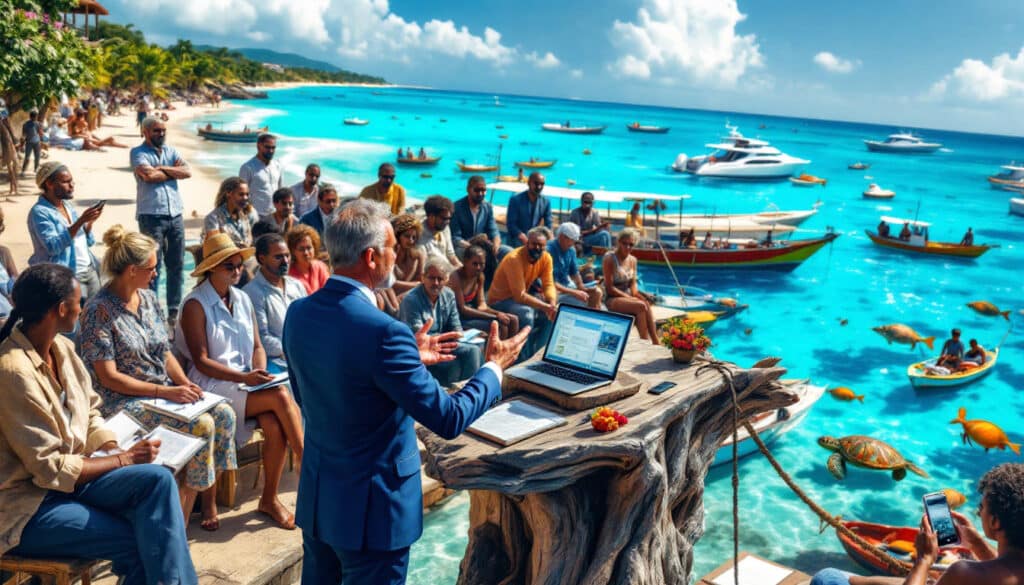We use cookies and data to ensure the proper functioning of our Google services.
Our goal is to track interruptions and protect against spam, fraud, and abuse.
We also measure our audience’s engagement and site statistics to understand the use of our services and improve their quality.
By choosing to accept all, we will also use cookies to develop and improve new services, measure the effectiveness of advertisements, and display personalized content and ads based on your settings. If you prefer to reject all, we will not use cookies for these additional purposes. Non-personalized content is influenced by the content you are currently viewing, your activity in your active search session, and your location. Personalized results, recommendations, and ads may include more relevant elements based on your past activities on this browser, such as your previous Google searches. We also tailor the experience to be age-appropriate, if relevant. Select “More options” to see additional information, including details on managing your privacy settings.
Table of Contents
ToggleWhy is Africa’s maritime potential essential?
Africa, with its vast coastlines extending over 30,000 kilometers, has a considerable maritime potential. African marine resources offer unique opportunities for sustainable economic development, job creation, and environmental preservation. Harnessing this potential is crucial to meet the growing needs of the population and to strengthen the continent’s position on the global stage.
African oceans host rich marine biodiversity, including prized fish species, fragile ecosystems, and untapped resources such as marine minerals. Furthermore, the maritime sector can play a key role in transportation and trade, facilitating intra-continental and international exchanges. By investing in port infrastructure, marine technologies, and training local talent, Africa can transform its oceans into a lever for economic growth.
Moreover, blue technologies are emerging as an innovative solution to address the continent’s environmental and economic challenges. Initiatives such as shellfish farming can transform our perception of the sea by promoting sustainable and eco-friendly practices (source).
What are the main initiatives of the blue economy ministry?
The blue economy ministry in Africa has established several initiatives aimed at maximizing the use of marine resources while ensuring their sustainability. Among these initiatives, promoting marine biotechnology plays a central role. The inauguration of an advanced marine biotechnology laboratory demonstrates the ministry’s commitment to supporting research and innovation in this field (source).
The ministry also encourages the development of sustainable aquaculture, the management of fisheries, and the protection of marine ecosystems. Training and awareness programs are in place to educate local stakeholders on best practices and the benefits of a well-managed blue economy.
Furthermore, the ministry works closely with international partners to attract investments and share knowledge. This collaboration is essential to implement large-scale projects and integrate cutting-edge technologies into African maritime practices.
How can stakeholders exploit Africa’s marine resources?
To effectively exploit Africa’s marine resources, stakeholders must adopt an integrated approach that combines innovation, sustainability, and strategic partnerships. First, investment in marine technologies is essential. Innovations such as fisheries tracking systems, advanced desalination technologies, and environmental monitoring platforms can significantly enhance the efficiency and sustainability of maritime operations.
Next, training and development of local skills are crucial. Training programs should be designed to equip workers with the skills necessary to use new technologies and to manage marine resources responsibly.
Moreover, cooperation between the public and private sectors is essential. Public-private partnerships can facilitate project financing, share risks, and promote innovation. For example, collaboration between local companies and research institutes can lead to innovative solutions for marine resource exploitation while respecting the environment.
Another key aspect is the establishment of effective regulatory frameworks. Clear and strict regulations ensure that the exploitation of marine resources is conducted sustainably and equitably, protecting both marine ecosystems and local communities.
Finally, it is important to promote responsible consumption. Stakeholders should ensure that products derived from marine resources are sustainably certified, thereby enhancing consumer trust and stimulating demand for eco-friendly products.
What are the challenges to overcome for blue economic development in Africa?
The development of the blue economy in Africa, while promising many opportunities, faces several major challenges. One of the main challenges is the lack of adequate infrastructure. Modern ports, processing facilities, and efficient transport systems are essential to support maritime activities, but they are often deficient or nonexistent in many African regions.
Another significant challenge is funding. Blue economy projects require substantial investments, and access to capital remains limited. African governments need to create attractive incentives to attract private investors while exploring innovative financing mechanisms such as public-private partnerships and sovereign wealth funds.
Governance and regulation are also major obstacles. The absence of clear policies, strict regulations, and effective monitoring mechanisms can lead to unsustainable exploitation of marine resources. It is crucial to strengthen institutional capacities and promote transparency and accountability in the management of marine resources.
Moreover, the preservation of marine ecosystems in the face of climate change represents an urgent challenge. Rising sea levels, ocean acidification, and pollution threaten marine biodiversity and the livelihoods of coastal communities. Adaptation and resilience strategies must be implemented to mitigate these impacts.
Finally, the lack of awareness and engagement from local communities can limit the success of blue economy initiatives. It is essential to promote community participation and value traditional knowledge to ensure that projects meet local needs and gain popular support.
Examples of successes in the African blue economy
Despite the challenges, Africa is seeing several remarkable successes in the field of blue economy. One of the most inspiring examples is shellfish farming, which not only contributes to food security but also transforms our perception of the sea by promoting sustainable practices (source). This sector has managed to combine technological innovation and respect for the environment, thereby creating economic opportunities for local communities while protecting marine ecosystems.
Another notable success is the inauguration of an advanced marine biotechnology laboratory. This state-of-the-art facility allows the development of innovative solutions for the management of marine resources, the preservation of biodiversity, and the creation of new products from the oceans (source). With this infrastructure, African researchers can conduct in-depth studies and collaborate with international experts, thereby strengthening Africa’s position in the field of marine biotechnology.
The development of maritime tourism in Hatta by the Dubai Maritime Authority is another example. This initiative has not only boosted the local economy by attracting tourists from around the world but has also highlighted the natural and cultural wealth of the region (source). This success demonstrates how strategic and innovative management can transform coastal areas into thriving tourist destinations.
Finally, the commitment of researchers like Ben Halpern, a marine ecology specialist and blue economy advocate, illustrates the importance of research and scientific expertise in promoting sustainable practices. His work contributes to a better understanding of marine ecosystems and the implementation of effective strategies for their preservation (source).
These examples show that, despite the obstacles, Africa is making significant progress in developing its blue economy. By continuing to invest in innovation, research, and strategic partnerships, the continent can realize its maritime potential and ensure sustainable economic growth for future generations.









